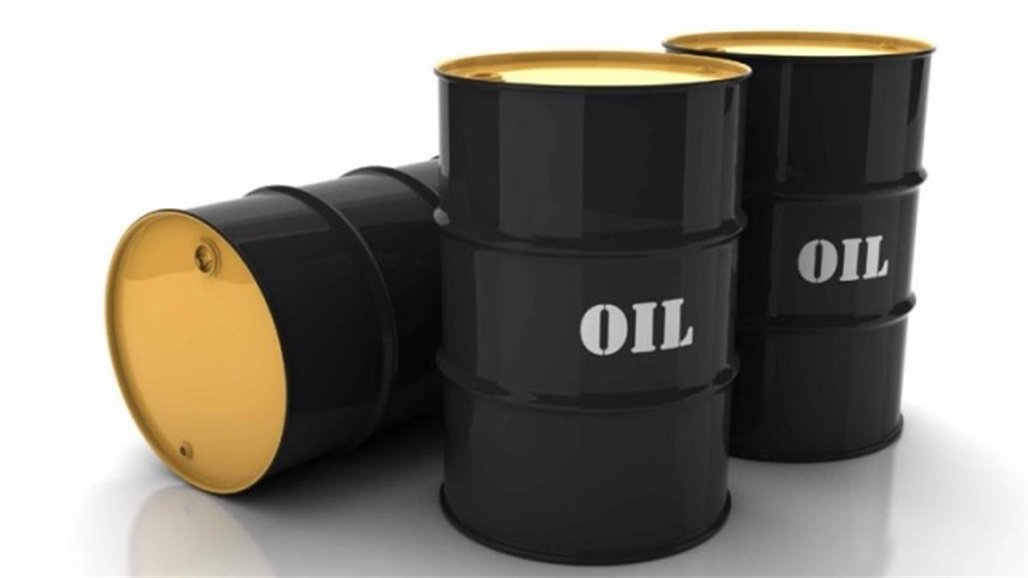The commodities transaction tax (CTT) has been asked to be totally eliminated or reduced in the upcoming budget, according to the Commodity Participants Association of India (CPAI). The CPAI has additionally asked the Finance Minister to put this recommendation into effect for at least two years. The sector (the commodities derivatives market), which has zero cost of collection and zero leakage, should not be subjected to a burdensome tax technique, according to CPAI President Narinder Wadhwa, who made this demand during a pre-budget meeting.
He noted that if the government is hesitant to abolish CTT, it should lower the rate and reinstate Section 88E benefits under the income tax code. Wadhwa claims that this action will boost the volume of the commodity trade, increasing government revenue. In addition to saving foreign exchange, he continued, “More jobs will be generated and Indian companies will hedge in the nation instead of LME and CME.”
The CPAI has suggested that CTT be treated as a tax rather than an expense by making it “MODVATABLE” with Direct Income Tax (under Sec 88E). Furthermore, it was stated that organizations like mutual funds would not choose the 88E benefit. Even businesses that have reported losses or insufficient profits and foreign institutional investors (FIIs) that request capital gains tax exemptions will not be eligible for the 88E advantage.
If the government rejects the demand for the complete elimination of CTT, CPAI has recommended that the tax on commodity derivatives based on prices or indices be reduced from the current 0.01 percent to 0.005 percent and the tax on the sale of goods options be reduced from 0.05 percent to 0.04 percent. The group has also asked that the CTT on the sale of products with options be reduced from 0.125 percent to 0.10 percent in cases when the option is exercised and results in a settlement (paid by the purchaser). Wadhwa stated that “cost is much greater in India than trading identical products abroad, resulting in poor volumes, limited liquidity, and high impact cost.”

